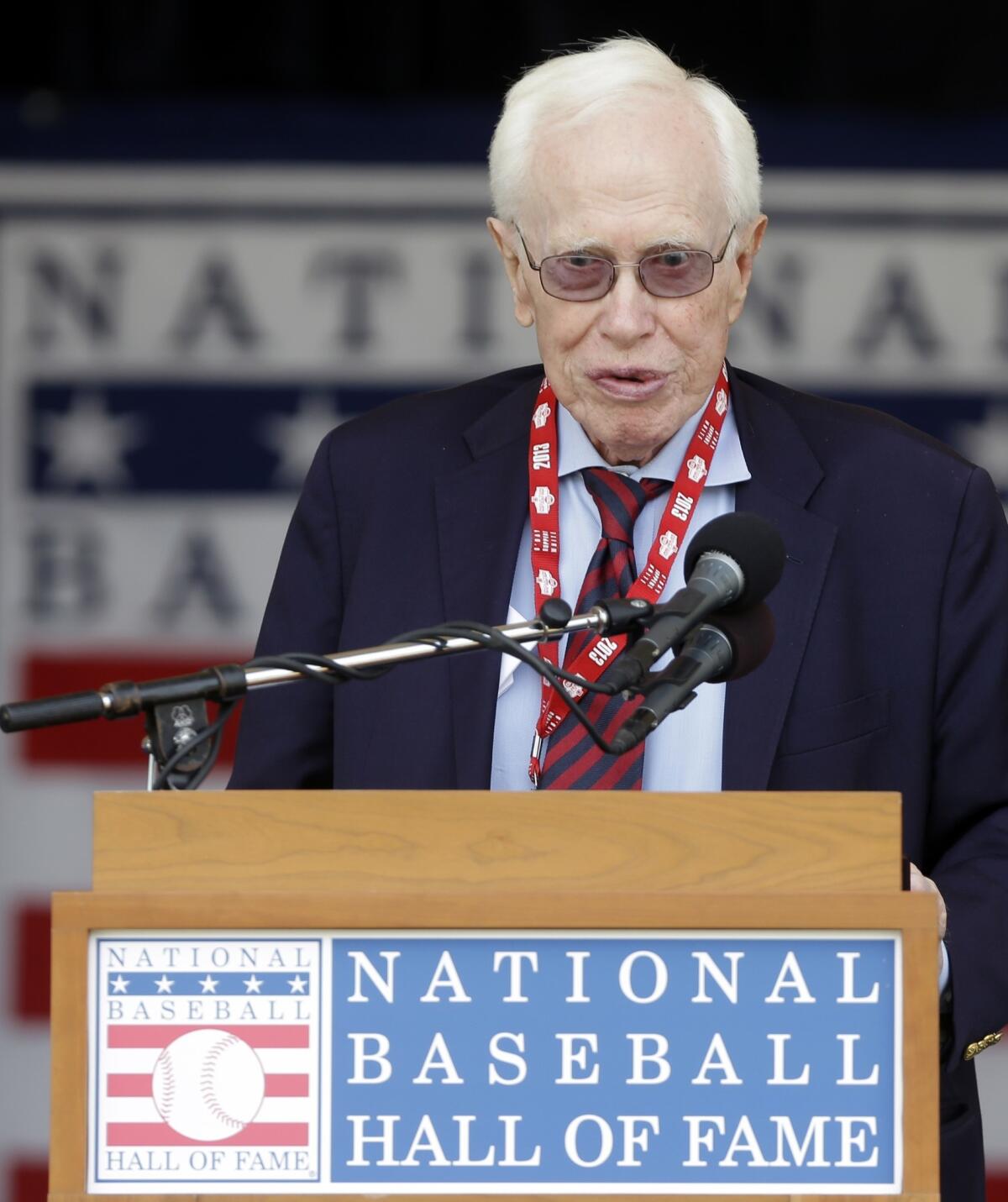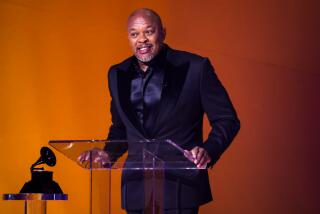Remembering Dr. Frank Jobe

Meet a legend and it’s natural to feel intimidated. They come with all that TV time and press clippings and history. The live in a universe unimagined by most.
I can’t really tell you exactly what I expected the first time I met Dr. Frank Jobe, only that I recognized I was in the presence of greatness, and approached so respectfully that I feared I would come across as hopelessly timid.
Jobe was tall, maybe 6-foot-4, with a large head, full lips, pinkish skin but with the kindest of faces. Pretentious as morning dew. You could be intimidated by his accomplishments and fame, but never by the man.
It could easily be argued that Jobe is the greatest orthopedic surgeon in history. His groundbreaking Tommy John elbow surgery and Orel Hershiser shoulder surgery extended the careers of countless professional athletes, particularly pitchers. The Kerlan-Jobe Clinic he co-founded with Dr. Robert Kerlan in 1964 has been the home to hundreds of doctors serving their residencies, who then went out across the world spreading his knowledge.
His impact is unprecedented, not that he ever seemed all that comfortable talking about it. This is a man who made a difference in the world.
“You’d like to think you have, and I do now sort of see it,’” Jobe once told me in 1999. “But if you’d said that 15 years ago, I’d have said, ‘Well, I’m just an ordinary doctor. I’m lucky.’”
Said Vin Scully: “I’ve never sat and talked with him about his impact. It’s not the thing you do with Frank, because he’s just so self-effacing.
“But when you think of all the people who have gone through that clinic, his impact is amazing, amazing. Then he’s sending out his disciples all over the country. Just remarkable. Yet through it all, he’s a very humble man. Frank is what Frank is. He’s just a beautiful man.”
Jobe was always direct in his observations, which perhaps is understandable for a man who served as a medical staff sergeant in the Army’s 101st Airborne Division during World War II. A stint that saw him briefly captured by Germans at Bastogne before he escaped.
He genuinely wanted to help people and was never above offering his insights and knowledge. One early spring I was walking down a hallway at Dodgertown with my arm in a sling after having recently dislocated my right shoulder. Jobe flagged me down to inquire about the injury. When he learned of its severity and that I had not had surgery, he said: “You’ll never throw again.”
He was right, of course, though I could still hit the return button on the keyboard.
Jobe was 88 when he died Thursday. In recent years he had not been around the Dodgers as frequently. He had battled a heart condition and grown frail. Yet when he entered a room, however slowly, lights still seem to go on.
As an orthopedic surgeon, he was unparalleled.
“He’s certainly considered one of the premier fathers of modern sports medicine,” Dr. James Andrews, the internationally renowned orthopedic surgeon from Alabama, told me for that 1999 story. “Without his influence, baseball players’ sports-medicine care would probably still be in the dark ages.”
Instead, they were graced by a legend with kindness at his core. By this most gentle of giants.
More to Read
Are you a true-blue fan?
Get our Dodgers Dugout newsletter for insights, news and much more.
You may occasionally receive promotional content from the Los Angeles Times.






